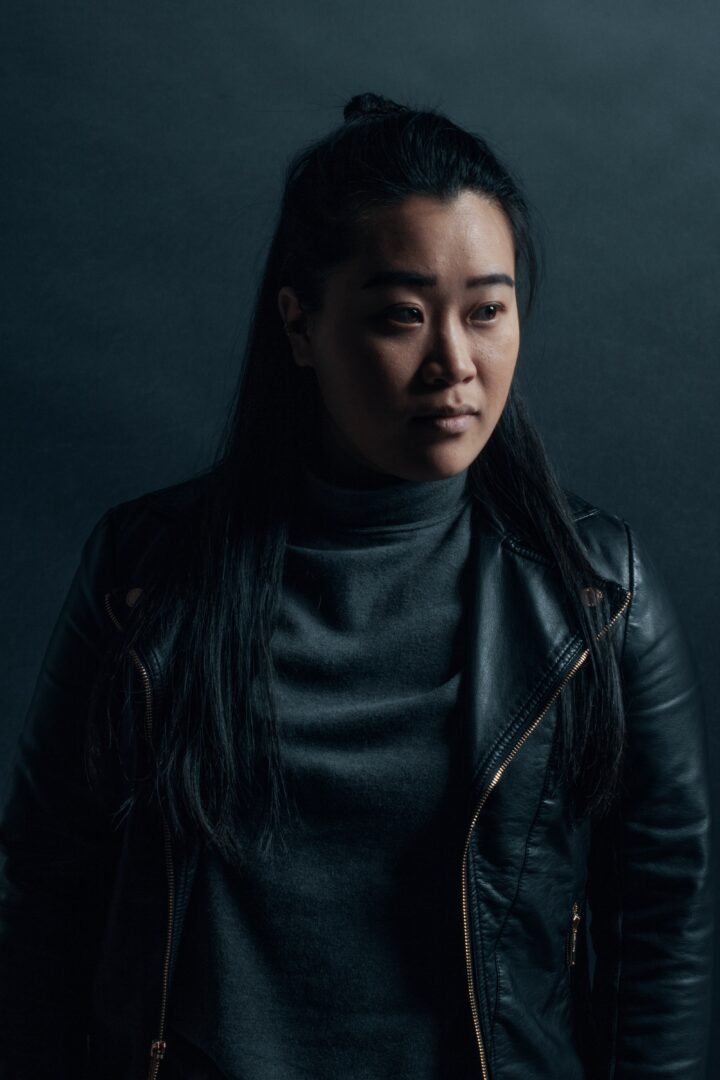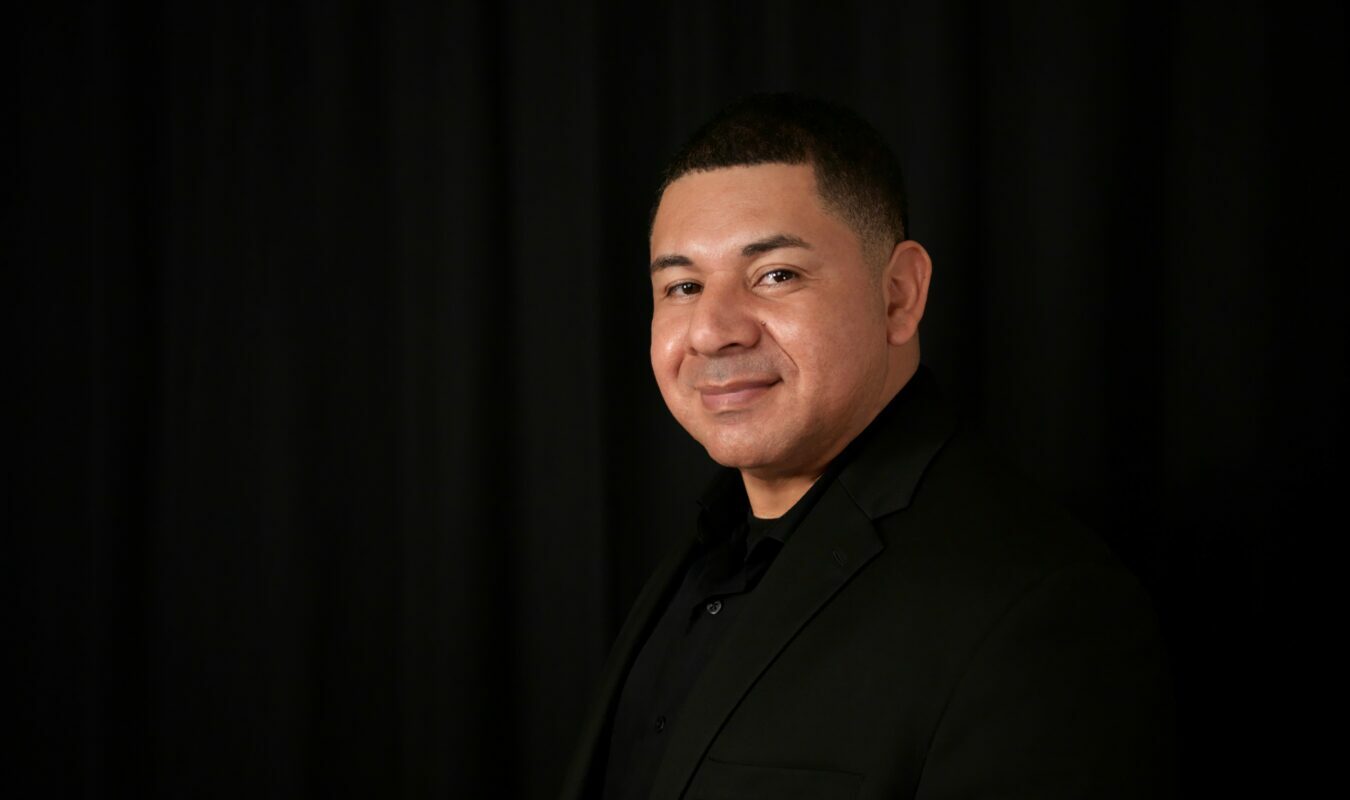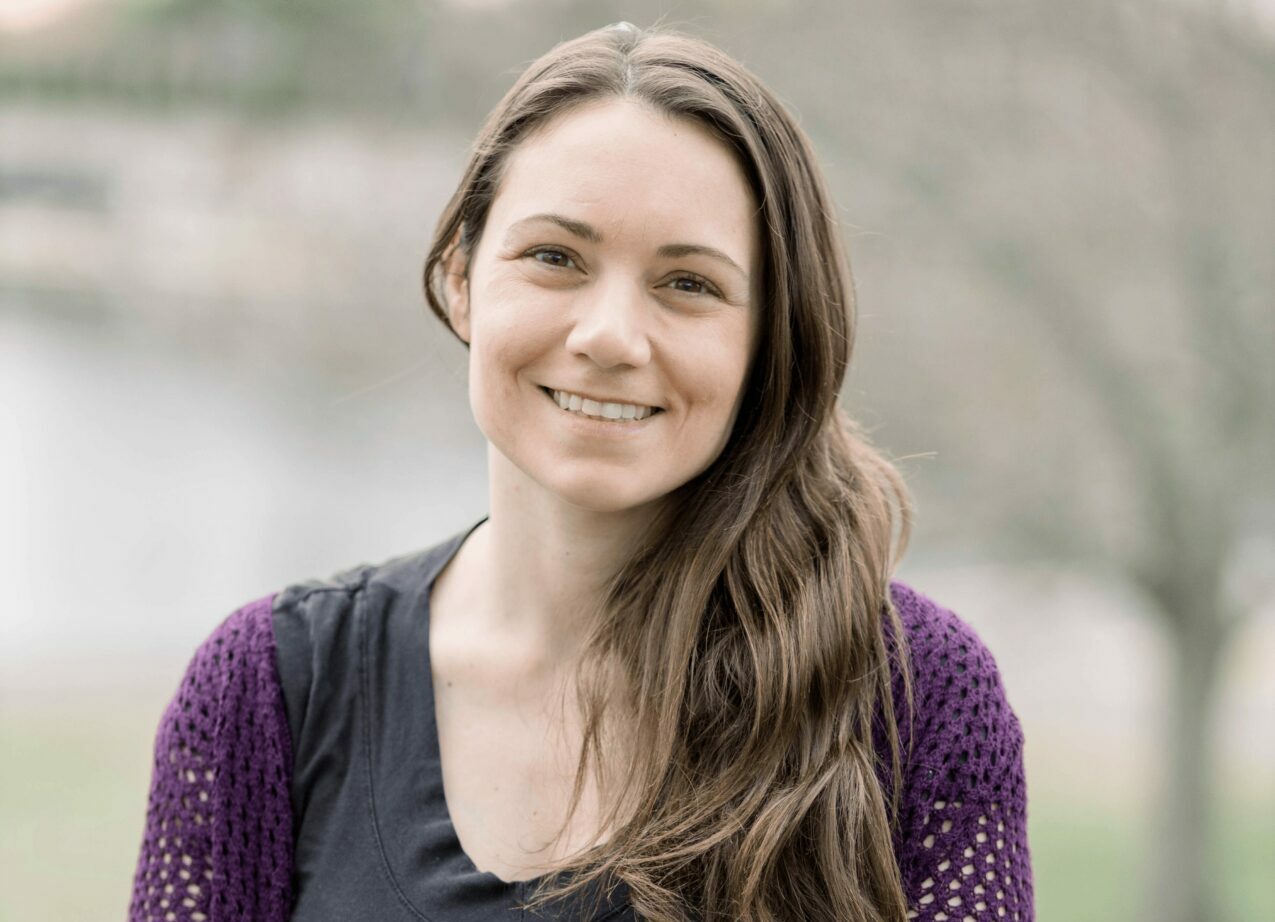We were lucky to catch up with Emily Cheng recently and have shared our conversation below.
Hi Emily, so excited to talk about all sorts of important topics with you today. The first one we want to jump into is about being the only one in the room – for some that’s being the only person of color or the only non-native English speaker or the only non-MBA, etc Can you talk to us about how you have managed to be successful even when you were the only one in the room that looked like you?
It’s no secret that the entertainment industry, across all sectors, could improve significantly on the diversity front, and it’s something anyone from marginalized communities has faced numerous times.
There are two main points I like to remember when faced with situations like these: 1) remember your unique strengths and voice, and 2) remember the love of the craft.
For the first point — as a composer, remembering that you were brought on for your specific skills and style is hugely important to combating imposter syndrome or fear of failure. When I first started my composing journey, I recall receiving a lot of advice from other composers in the industry that I should be focusing on one specific niche and abandoning the style I was developing at the time. That style of mixing traditional world instruments with western genres has now become what my collaborators seek me out to produce. And while I’m by no means the first or only to create music in this style, remembering that my teams are seeking me out to put my spin on projects helps a lot in time of uncertainty. I think it’s important for people to understand that stories will be fresh and new because you’re speaking in your unique voice, especially important nowadays.
On the second point – it can be scary to be the only person in a room who looks like you, but I find staying focused on the work helps. Acknowledge the limitations and injustices of the system, but also remember why you started the work in the first place. For me, it’s rewarding to be able to represent my background while breaking new ground in the composing & producing spaces. But even outside of that, music is my entire world. As creatives, we are shaped by our backgrounds and our environments, but we also fundamentally are motivated by the spirit of creation. So remembering why you love the craft is helpful for drowning out the noise of social media, anxiety, etc.
Similarly, maintaining a sense of gratitude is helpful in those uncomfortable or scary situations. When I’m the only one in the room with my background, I remember that it’s important for me to be here so I can help bring other marginalized people with me on future projects. Every opportunity I’ve ever had has been from someone taking a chance on me. I’ve been fortunate to work with a ton of really awesome people, including many other Asian women in animation and many other people of color in games and film. So thinking about being able to pay those opportunities forward helps keep me going.
Great, so let’s take a few minutes and cover your story. What should folks know about you and what you do?
I’m a composer and music producer working in videogames, film, animation, and other media. I started my music career as a classically-trained pianist teaching lessons + producing hip hop and pop for indie artists. I switched over a few years later to composing for media and have been full force in it since, which I absolutely love. I’d love to start producing for artists again as well, but I’m super lucky that I get to work in a lot of different styles in my composing work, which satisfies that itch for now.
I’d say my brand is versatility and working in the fusion space. Most of my collaborators and teams nowadays seek me out specifically to put unique spins on a lot of different genres within the same project, which is an incredibly fun and rewarding challenge for me. Many people I work with are similar to me in that we all are interested in many different mediums and styles, which is reflected in our work.
I have a love of exploring different cultures in many areas of life — music, food, travel, etc, which lends itself well to working on projects that draw from all different parts of the world. Collecting all manner of different world instruments and playing with them in different ways is a special interest of mine, for sure! My recording studio is stuffed to the brim with instruments from the wackiest places — a tiny kora from an antiques store in Nashville, wooden handmade percussion from Indigenous vendors in Taiwan, an old phin (Thai 3-string guitar) that I restored from an online vendor… the list continues. I find that a lot of modern scores still use exclusively orchestra & western Classical music (which is of course, valid and appropriate in many situations), but it’s always a fun experience for me to get to bring different sounds and use them in a way that both honors their heritage and also surprises audiences. I’m a big fan of puzzles and writing music, to me, is one of the greatest puzzles out there.
There are several exciting projects I’m looking forward to sharing this year, but most recently I’ve had some exciting game news that can be shared here. (At the time of this response) A game I worked on called Squeakross: Home Squeak Home was just released. It was developed by the Montreal-based studio Alblune, with whom I also collaborated on a game from a few years ago called The Spirit & the Mouse. Squeakross features nonogram (picross-type) puzzles and home decoration (like in Animal Crossing), along with a cute mouse main character who can be dressed up and customized. It was a blast to get to collaborate with the developers again! I enjoyed getting to write the the non-puzzle music in the game, and you can check it out now on Nintendo Switch and Steam!
The other recent news is for Grave Seasons, a game I’m currently working on, which was featured in the PC Gaming show and the Women-Led Games segments of Summer Games Fest. Grave Seasons is a narrative farming sim with a terrifying twist – someone in the town is a supernatural serial killer. The game is developed by the studio Perfect Garbage and published by Blumhouse Games. It has been an absolute delight to co-compose for this game, getting to work with some phenomenal musicians, and really challenge myself musically to tackle new heights. You can wishlist Grave Seasons now on Steam — the trailer was just released, and we announced a release in 2026 on PC and consoles.
Links: https://squeakross.cool/
https://store.steampowered.com/app/3255110/Grave_Seasons/
Looking back, what do you think were the three qualities, skills, or areas of knowledge that were most impactful in your journey? What advice do you have for folks who are early in their journey in terms of how they can best develop or improve on these?
At risk of sounding like a Nike commercial, “just do it” tends to be my mode of operation. You can’t improve if you never try, and you can’t edit something that doesn’t exist. I can’t count the number of times something actually paid off because I decided to just shoot my shot thinking that I wouldn’t get a gig. But that wouldn’t have happened if I hadn’t actually started!
In breaking down the “do it” portion of “just do it”, I have a few things I try to keep in mind both past, present, and future:
1) Do It For the Love of the Game
This is especially hard when things aren’t going well — when you’re in a work drought, or other things in life are going poorly, etc. It’s critical to find ways to remember why you love doing what you do (in my case, music). In my opinion, creativity is a muscle you can train. As creatives, it’s easy to get stuck in the cycle of despair that the well of inspiration may dry up unexpectedly — I certainly ran into that a lot when I started. Learning how to overcome mental health problems, navigate nontraditional work and thinking styles, and physical obstacles is all part of the process. Understanding what systems you need to have in place in your life to be able to get through these is critical.
There will absolutely be days where you won’t want to work and don’t feel inspired, much like how athletes might some days feel unmotivated to train. Sometimes, rest is critical and appropriate. Other times, I rely on exercises in my muscle memory to get me started and then I’ll find the inspiration along the way once I’ve been working for awhile. To me, composing is very much a “support class” (if you’re a gamer, you get it). Our job as composers is to support and uplift the story of whatever we’re working on. While everyone likes external validation, keeping that collaborative north star in mind helps me to focus on the work and less on the noise.
2) (You CAN) Do It Within Your Limitations
Everyone is coming from a different place with regard to limits (personal, time-wise, health, money, resources, etc). One of the most common questions I get from early career folks in composing and music production is “What plugins and hardware should I be using?” I understand the urge, given how advanced VSTs are nowadays (insane), but I would honestly argue that early career folks should focus on improving the most foundational skills first and not worry so much about tech. My first “studio” was an extremely beat up laptop, Garageband, and some cheap headphones. I used that for several years, along with stock Logic plugins for my first few years of composing and it did the trick. It can absolutely be frustrating to not have resources to do the work (especially as this is common for marginalized folks). All we can do is support our communities as much as possible, and in the meanwhile, use the constraints you have to force you to be even more creative and think outside of the box.
3) Do Other Things Too!
Can’t emphasize enough how important touching grass is. Metaphorically, but also literally. Talk to people outside your field! This is really true for any field, but especially critical for the creative industry — talk to writers, artists, producers, developers, crew members, etc. Not only do you never know where you might make some great friends, but you also never know how things will shape up in the future. Learning holistically about different parts of a production/development process will make you a better contributor to your teams, and it’s fun to learn new things!
One of our goals is to help like-minded folks with similar goals connect and so before we go we want to ask if you are looking to partner or collab with others – and if so, what would make the ideal collaborator or partner?
I’m always looking to partner or collaborate with more people! I’m always down to work on more games, film, TV, and animation work. Additionally, I’m a huge boardgame, improv, and tabletop fan (shoutout Dimension 20 and Dropout!), so I’d love to work more with the TTRPG community. I also want to get back into producing music for independent artists, so hit me up if you have cool ideas! If you’re in Nashville and you want to jam on music, also shoot me a message — I love expanding my musician circle here and making more music friends. As mentioned previously, I love learning about a lot of different sectors of the creative industry, so feel free to chat if you want to connect, even if there isn’t an active project.
For folks looking to collaborate with me: some genres I enjoy working in include fantasy, sci-fi (cyberpunk and space westerns especially, but generally all sci-fi), action, horror, mystery, and anything with magic. I have a blast working in nearly all genres, but some of my favorites include funk, hip hop, r&b, rock, and folk. If you’re looking to make a fresh new sound for a project, feel free to drop me a line.
My website is a great way to reach me (email), but I check my social media DMs regularly as well.
Contact Info:
- Website: https://www.gisula.com/
- Instagram: http://instagram.com/gisulamusic
- Youtube: https://www.youtube.com/c/gisula
- Other: Bluesky: https://bsky.app/profile/gisula.com
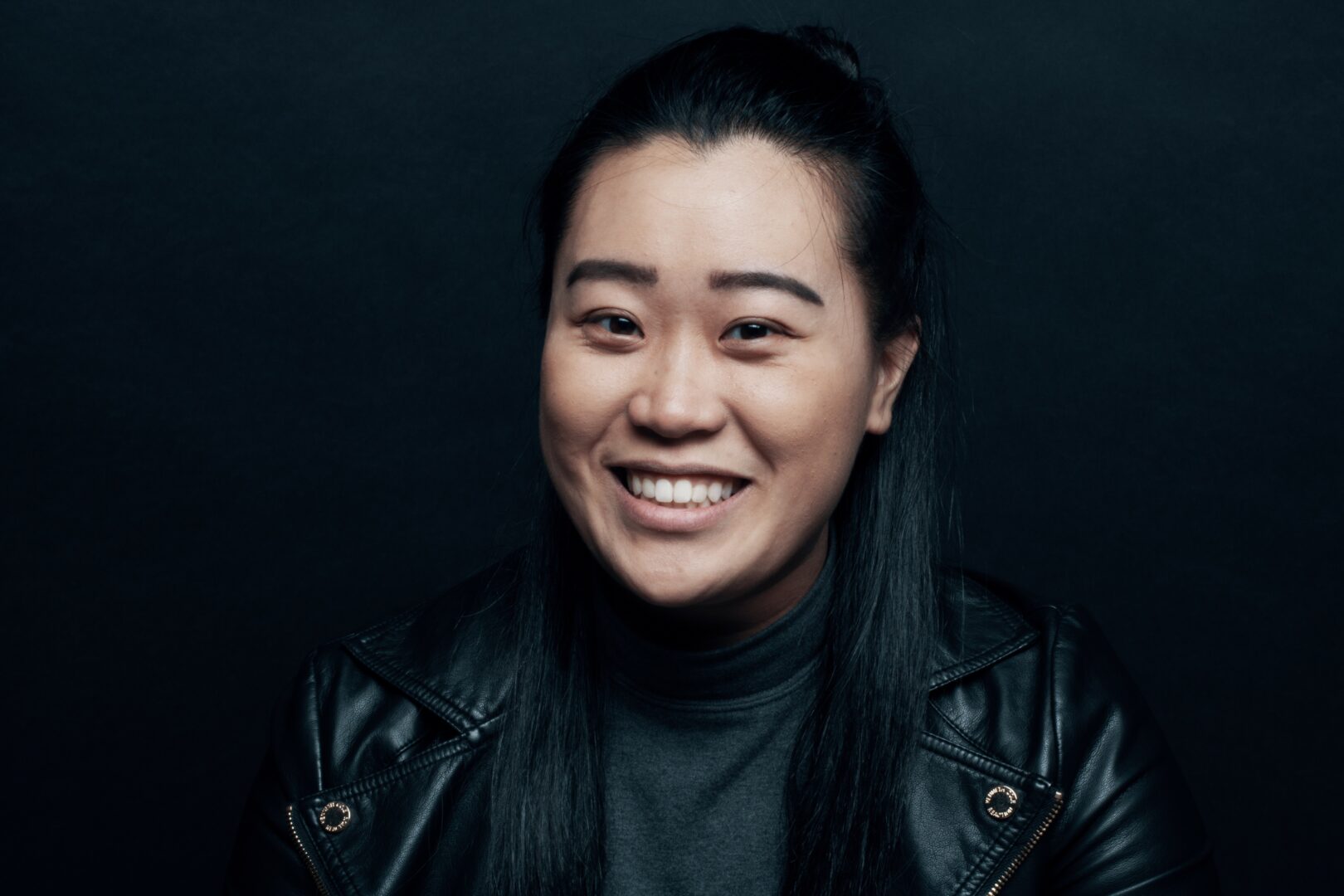
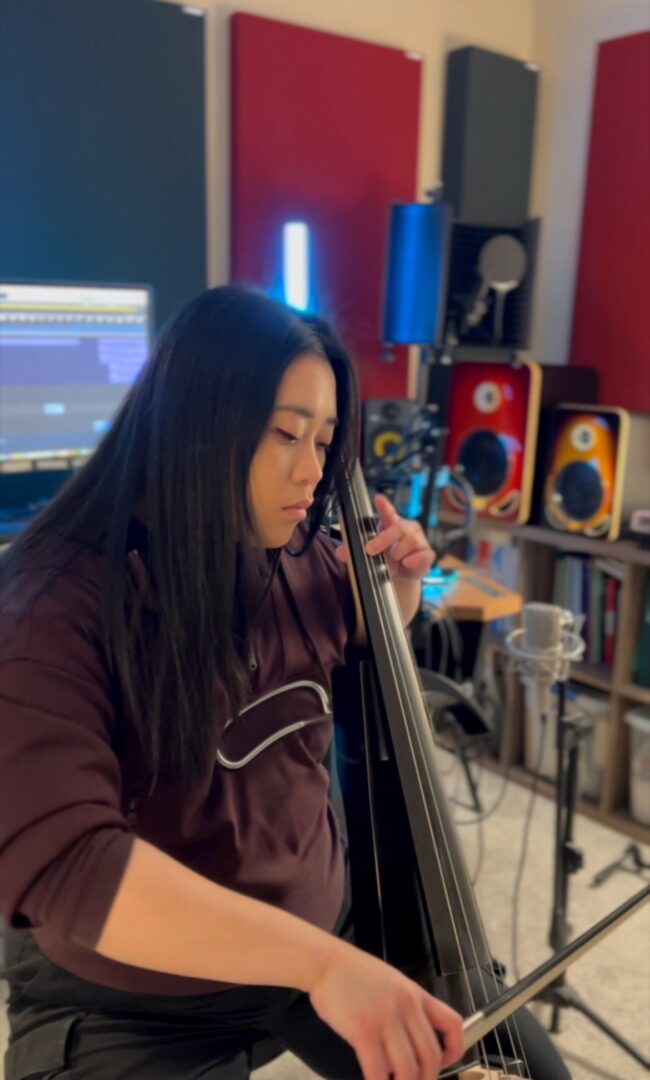
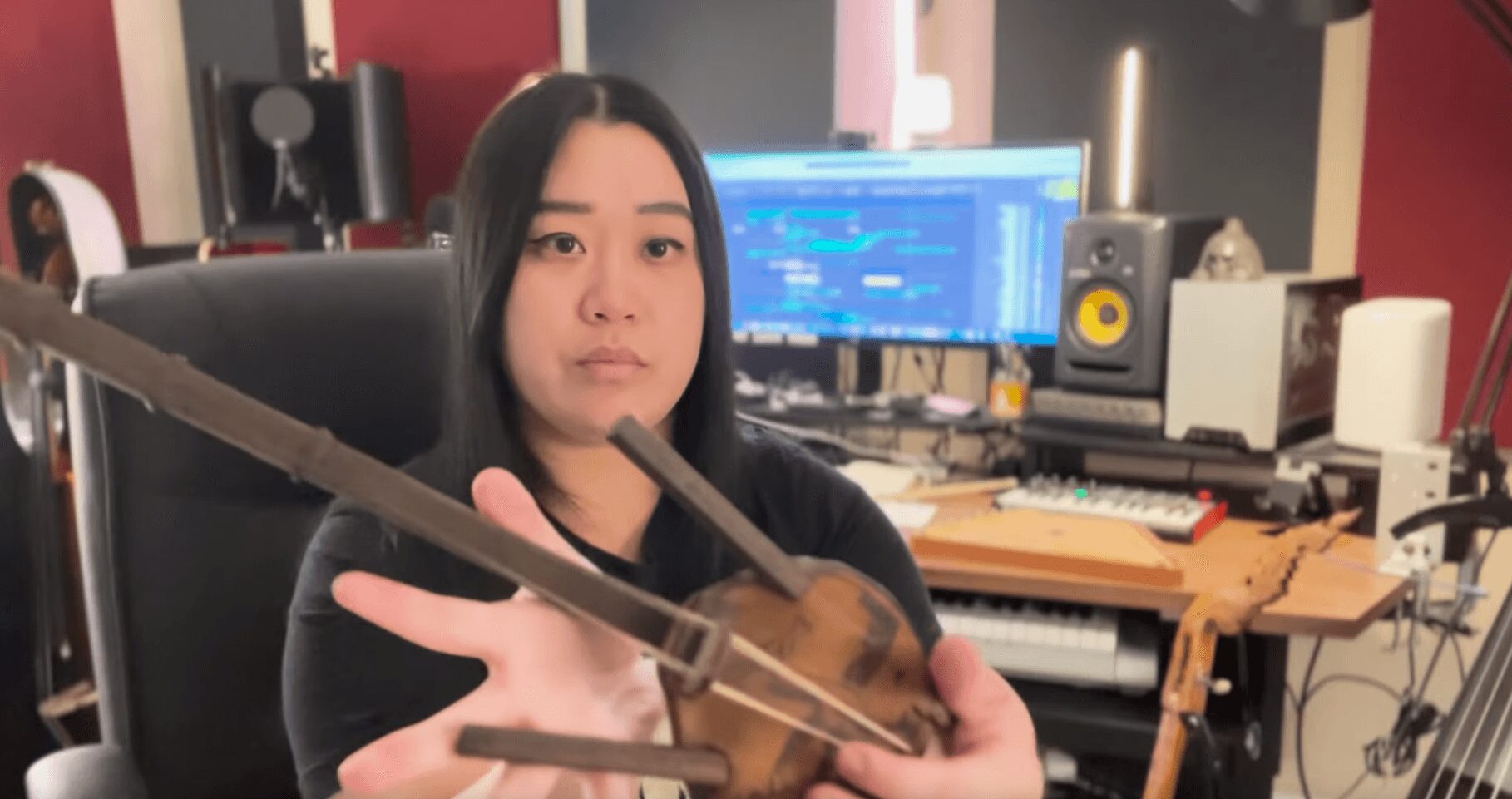
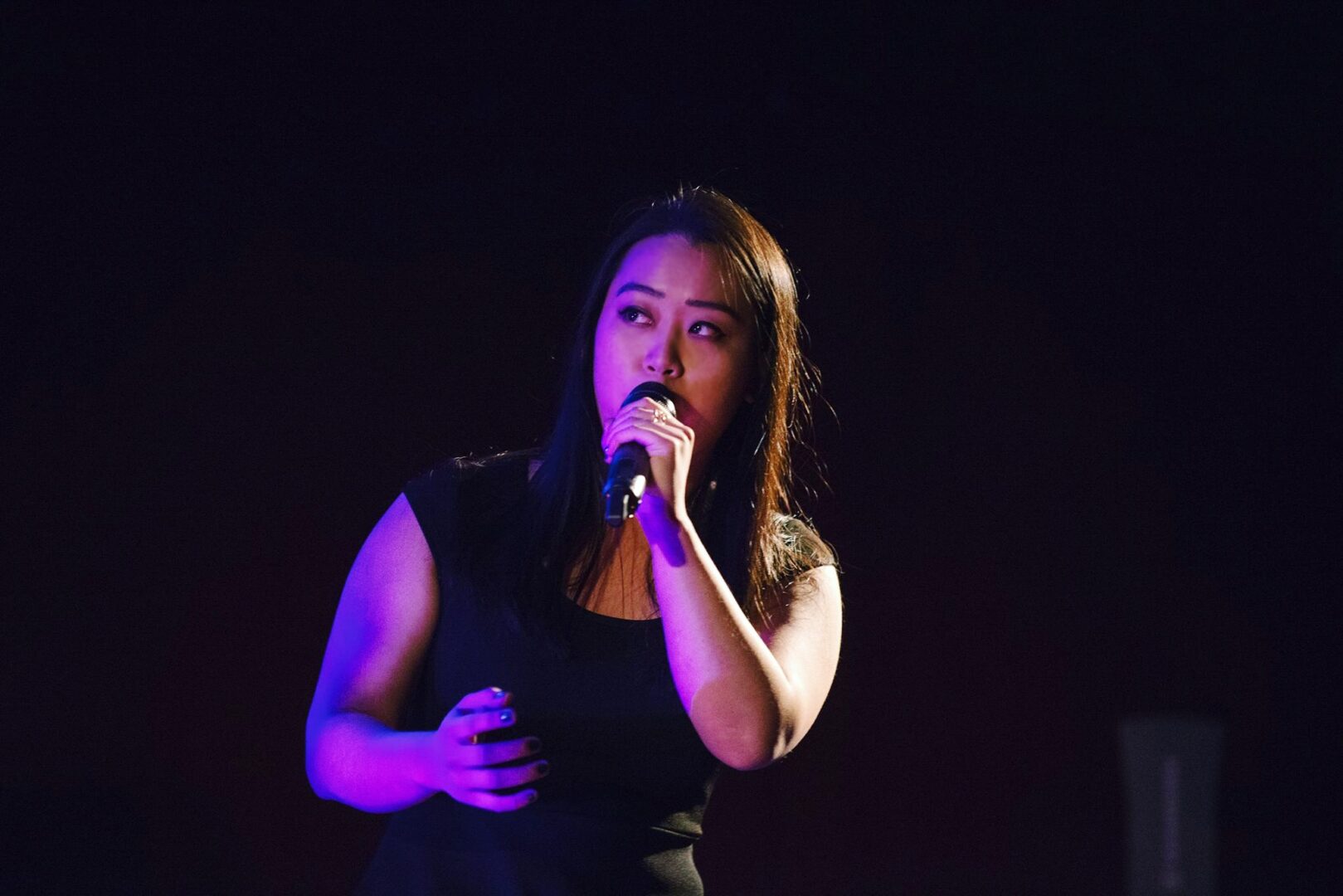
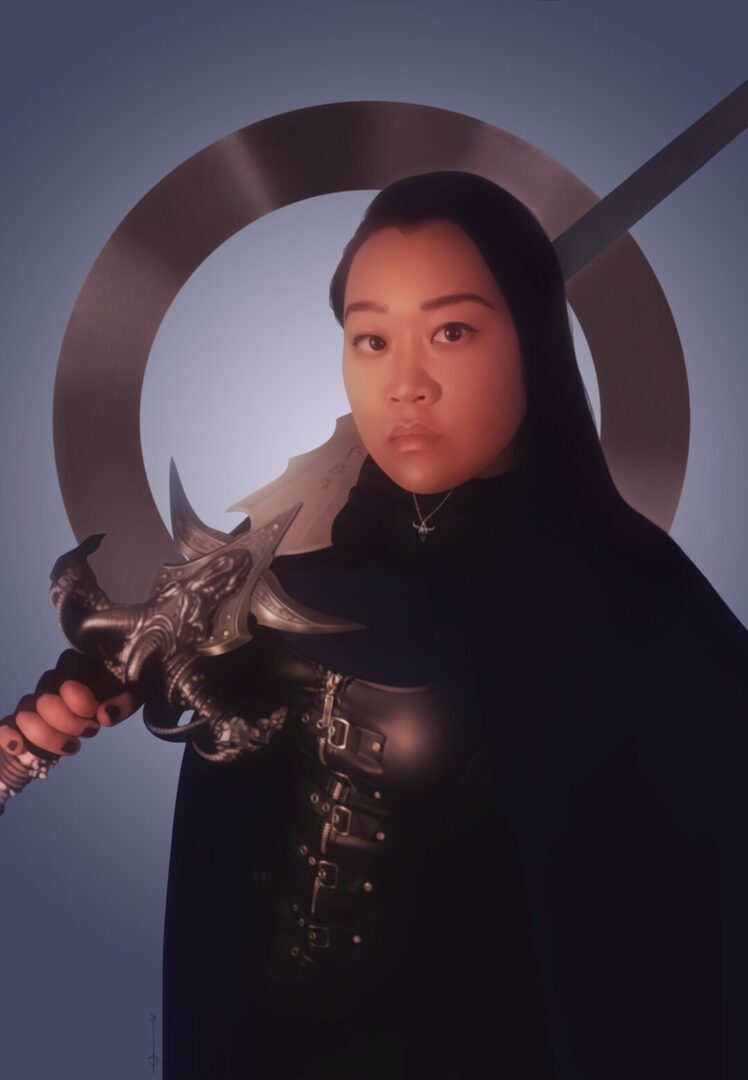
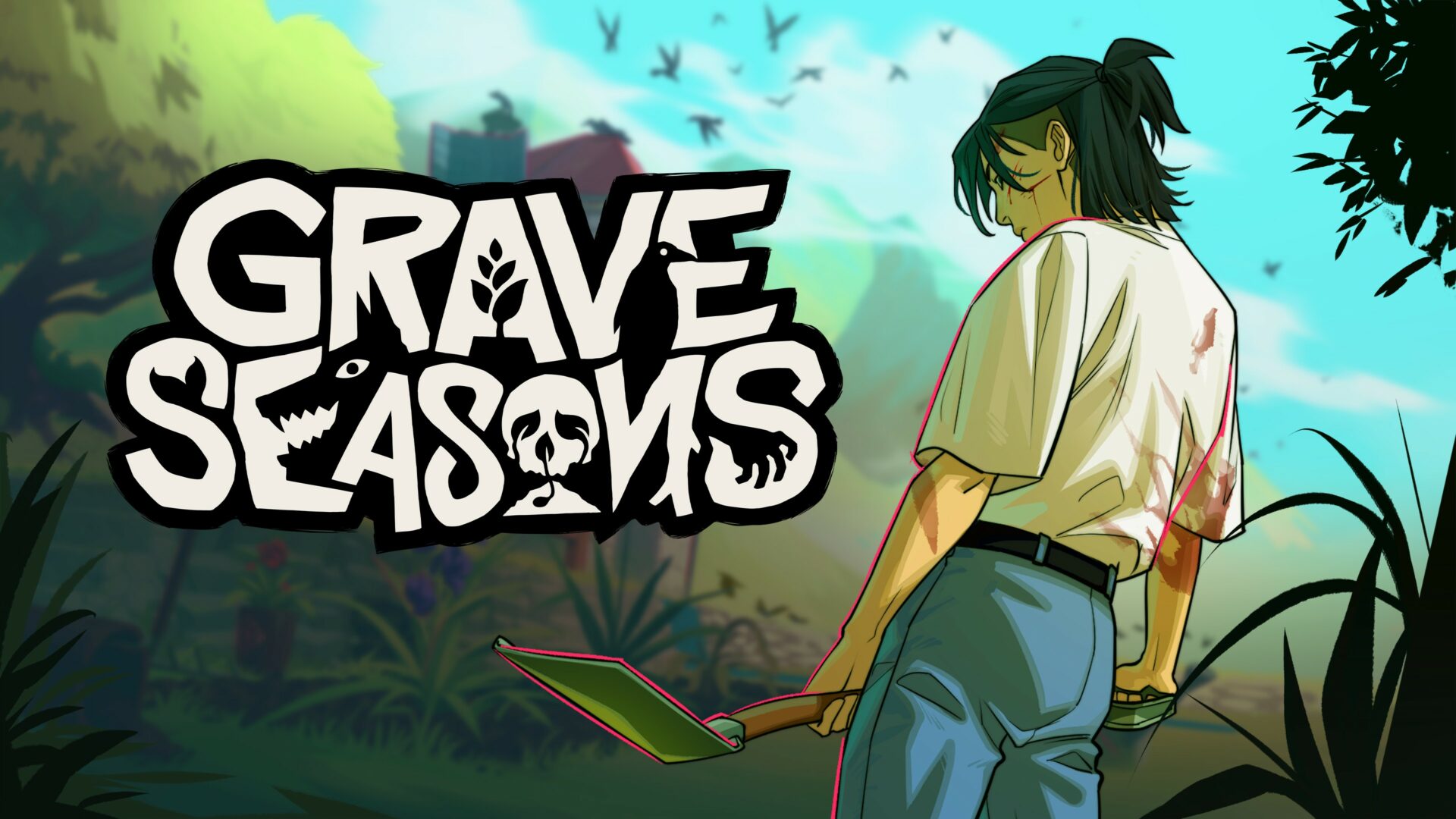
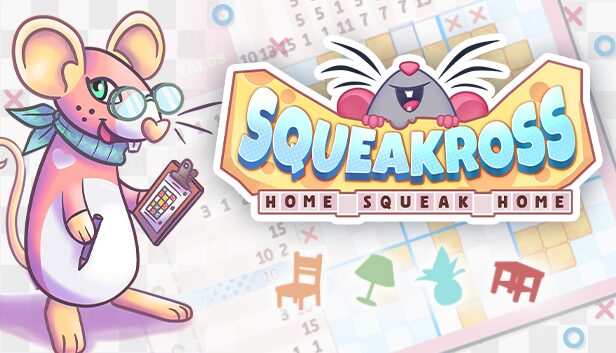
Image Credits
Grave Seasons courtesy of Blumhouse Games & Perfect Garbage Squeakross courtesy of Alblune

